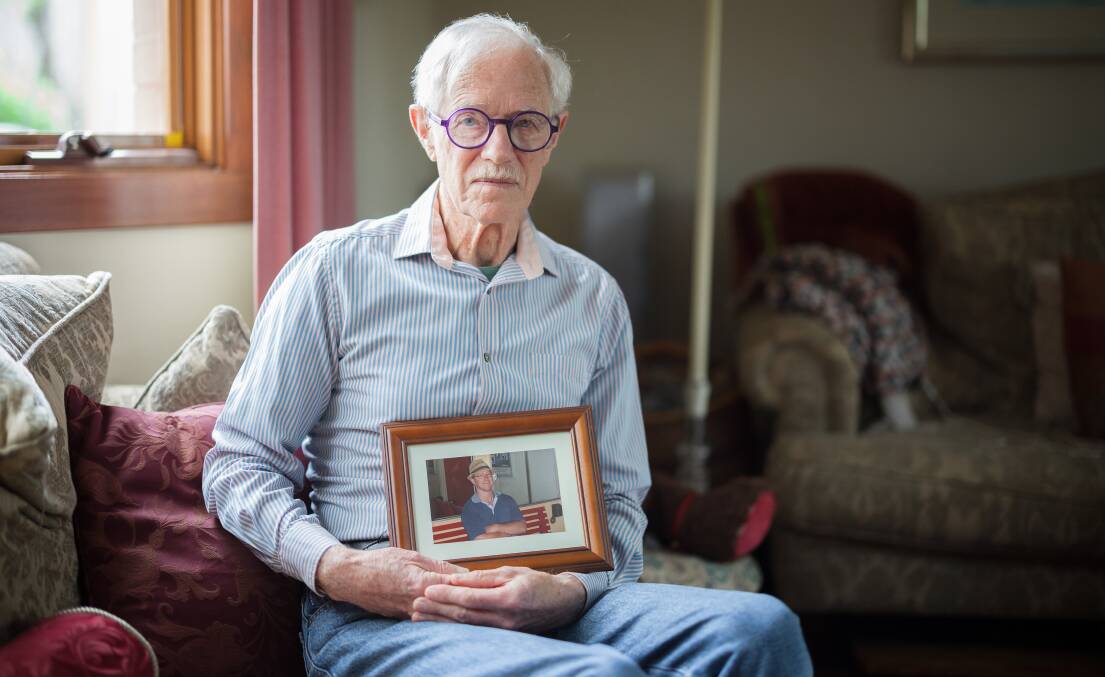
Campaigners have cautiously welcomed the ACT's easing of penalties for possessing small amounts of narcotics, including cocaine, ice and heroin.
"It's a step in the right direction - but a very cautious step," Marion McConnell whose son died of a heroin overdose said.
"It's a great step forward," Peter Taylor whose son also died of a heroin overdose said.
"I strongly support the intent of this change," Bronwyn Barnard whose brother died of a heroin overdose said.
"It's a significant step in the right direction," Bill Bush who was a volunteer at a centre for treating addicts said.
But all four felt that more needed to be done. "It's a step along the path," as Mr Taylor put it.
Mr Bush thought that much will depend on how the police implement the law.
Commonwealth law still makes possession of small amounts of drugs illegal, in contrast to the ACT where it will be treated as an infringement meriting a small fine and/or compulsory treatment.
Mr Bush said that officers will still have discretion on whether to go hard on small-quantity drug users (under the Commonwealth's tough rules) or softer (according to the ACT Government's new terms).
"It's in the hands of the police. Under the legislation, the police have the decision to prosecute or issue a drug offence notice," he said. "The over-riding discretion is in the hands of the cops."
The change in ACT law would mean treating those caught with small amounts of a drug within the health system rather than in the criminal justice system.
It would make drug possession similar to speeding - that is, against the law, and so illegal, but not an offence of the greatest magnitude.
Bronwyn Barnard whose brother died in 1996 said that the change meant more funding was needed to treat addicts within the health system.
She thought that many GPs needed to be "up-skilled".
Mrs McConnell feared that some users would still be caught and put through the court and prison system even though they weren't actually dealing in drugs.
Some people, she felt, bought more than they immediately needed, and that buying-in-bulk quantity would put them over the threshold for a low penalty even though their daily use was low.
The death of her 24-year-old son in 1992 prompted her and her late husband to start Families and Friends for Drug Law Reform.
Peter Taylor said that the ACT's legislation showed what Canberra could do. "It's about keeping young people safe," he said. "The so-called 'war on drugs' has failed."
His late son suffered from depression. "Sam suffered from anxiety and had been receiving psychiatric care for years before he died. He had struggled with anxiety and depression and used to take high doses of prescription drugs. That basically didn't work."
The father doesn't know for certain if his son would still be alive if the approach of the authorities had been tailored more towards health than punishment.
But he is sure that the current heavy-stick approach is ineffective: "I know prohibition doesn't work. My son died, but I know how to beat the drug cartels. We supply drugs carefully and safely using all our knowledge of medicine.
"We provide the support needed. We recognise that the society we have made can be very difficult and frightening for young people and they need guidance and encouragement."
We've made it a whole lot easier for you to have your say. Our new comment platform requires only one log-in to access articles and to join the discussion on The Canberra Times website. Find out how to register so you can enjoy civil, friendly and engaging discussions. See our moderation policy here.







